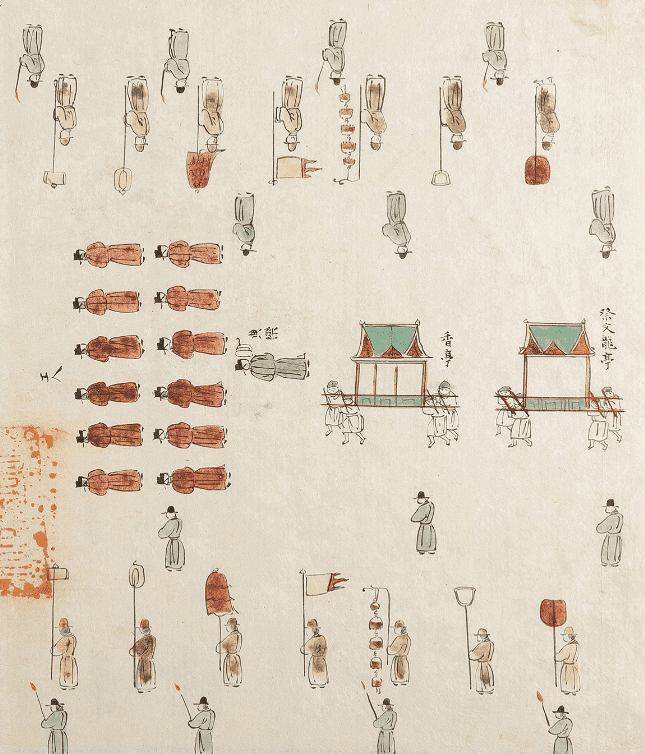
Constitutional Thinking and Universal Order: Chosŏn and China in Comparative Perspective
Sixiang Wang, UCLA
April 16, 2025 · 4:30 pm—6:00 pm · 202 Jones Hall
Program in East Asian Studies

Chosŏn Korea and Late Imperial China entered into a long period of fairly stable diplomatic exchanges. Though occasionally punctuated by dramatic geopolitical realignments, the relationship was structured through rituals, principles, and institutionalized commitments that regularly gestured to a political order that went beyond the bilateral relationship. This talk posits that these evocations of a constitutional order point to a domain of unspoken consensus regarding the terms of early modern Sino-Korean relations. This sense of constitutionality, often instantiated through ritual performances rather than articulated through formal, legalistic language, becomes more apparent when Chosŏn and Late Imperial Chinese practices are placed in dialogue with other early modern interstate orders (such as the Holy Roman Empire). The legacy of this constitutional thinking also extends well into the contemporary period, informing both official and popular understandings of the relationship in China and Korea today.
Sixiang Wang is Associate Professor of Asian Languages and Cultures at UCLA. He is a historian of Chosŏn Korea and early modern East Asia. His book, Boundless Winds of Empire: Rhetoric and Ritual in Early Chosŏn Diplomacy with Ming China (winner of the 2024 UC Berkeley Hong Yung Lee Book Award in Korean Studies & 2025 Association of Asian Studies James B. Palais Book Prize), reconstructs the cultural strategies of Korean diplomacy with Ming empire in the fifteenth and sixteenth centuries. It underscores how Korean ritual and literary practices inserted Chosŏn into the Ming empire’s legitimating strategies and established Korea as a stakeholder in a shared imperial tradition. He teaches courses on Korea’s pre-nineteenth-century history and the history of cultural and intellectual interactions in early modern East Asia. Sixiang Wang received his PhD in East Asian Languages and Cultures from Columbia University.















